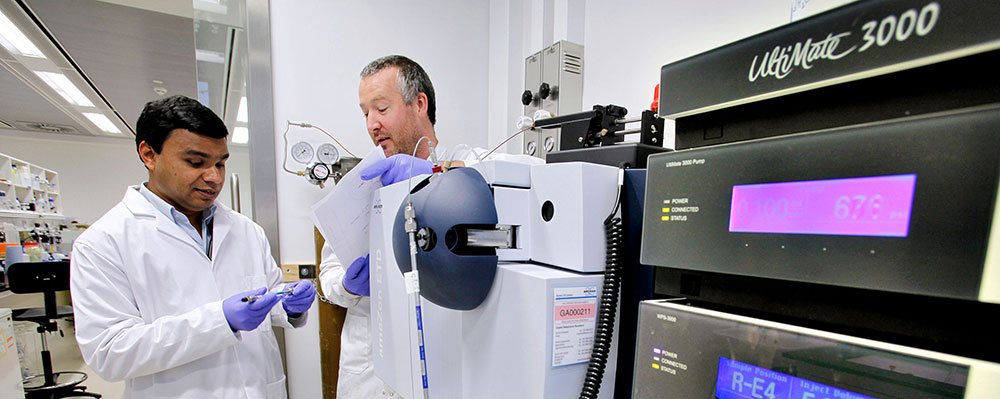
A common misconception I hear around the University is that teaching and research are ‘zero-sum;’ that is, one couldn’t possibly carry out high quality research AND be a dedicated, enthusiastic teacher. I’d like to challenge that view, highlighting instead the many potential teaching-research synergies identified by HEA and others.
I’ve been honoured to have received various teaching awards externally, from the University of Edinburgh and from students themselves. Such recognition is incredibly rewarding – but it certainly doesn’t mean I don’t care about research. Teaching and research can be hugely complementary for several reasons.
First, when academics bring their research into the classroom – in seminar, tutorial, lectures or on-line – students can benefit significantly. Research-active teachers can ensure course content includes the latest developments in field. More importantly researchers can share with students (if not model for them) the enthusiasm, intellectual curiosity and critical thinking skills which characterise top research.
Conversely, integrating research and teaching can be immensely rewarding for academics. We know researchers gain a deeper understanding of a subject by teaching it; students can offer insights and queries that help us clarify and tighten our own thinking. I’ve seen that first hand: posting my conference papers or published work on Learn pages I’ve received terrifically insightful comments and queries from a host of students here in Politics and International Relations.
In short, we know that research can support teaching and vice versa. But those synergies are not automatic; they need to be encouraged and built into our curriculum, Schools, and University practice. A good example from my own School is our Research Teaching Synergy workshops which feature students and staff sharing ideas for integrating teaching and research. The outcome has been new research-led seminars for 4th year students, practice-based courses, and a network of good practice.
The wider University also plays a huge role. That is why its emphasis and growing support for teaching-research synergies is so promising. One way to underline that support is through pages such as these. Another way is re-jigging the awards process. A core barrier found at many elite universities is an incentive and award system which favours research publications as the primary path to academic advancement. Edinburgh now offers several different avenues, including teaching-centred promotion cases but also, as in my own recent promotion, cases based equally on research and teaching (OK, and some administrative leadership too). This institutional support is key to developing what we all want: excellence in teaching and excellence in research. They are both hugely important; let’s stop viewing them as zero-sum and instead do more to nurture the synergies between them.
Next steps you can take:
Read the case studies: Research-informed teaching and curriculum design on an Applied Economics module: an exercise in constructive alignment;
Creating a research-based learning module to transform departmental culture to one in which our students work alongside us as co-creators of knowledge.




Dear Professor Bomberg, Thank you – I enjoyed reading about your own experiences, challenges and solutions, including the “Research-Teaching Synergy Workshop, and the opportunities the research-teaching nexus offers to us. It is interesting to see the parallels with my own area of understanding of medicine and biosciences. Simon Riley